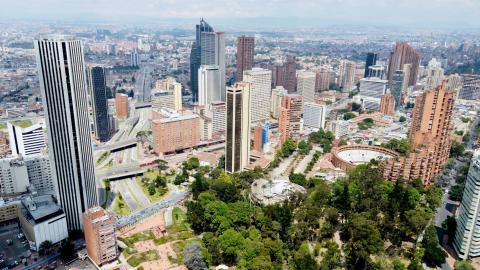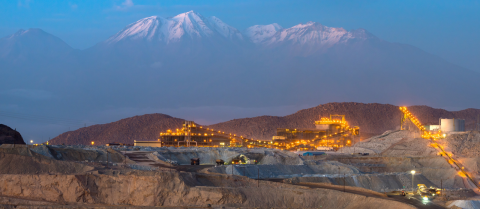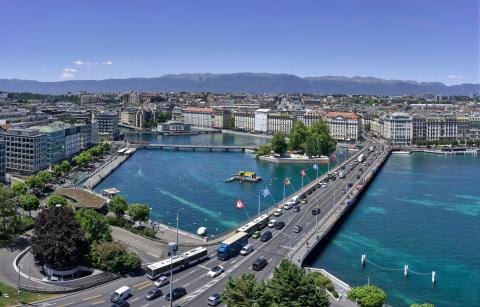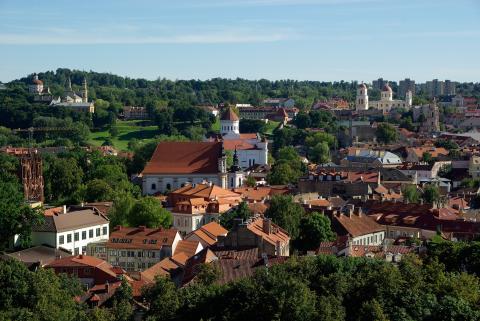
Harnessing homegrown revenues: Extractive resource transparency for domestic resource mobilisation in Africa
In-person peer learning event
A peer-learning dialogue for EITI stakeholders in Anglophone and Lusophone Africa
Dates: 3 - 5 September 2024
Location: Lusaka, Zambia
Registration: By invitation only
As part of our priority to support the efforts of implementing countries to explore strategic implications and opportunities related to domestic revenue mobilisation (DRM) in the context of the energy transition, the EITI International Secretariat is hosting an in-person peer-learning session among Anglophone Africa countries. Participation is drawn from EITI national coordinators, members of the multi-stakeholder groups, revenue/tax authorities, extractive sector regulators, state-owned enterprises, anticorruption actors, industry actors and civil society organisations. The session seeks to increase stakeholder awareness of the 2023 EITI Standard, available and emerging data, tools and resources that can help to strengthen revenue collection.
-
Raise awareness: Build a shared understanding of the underlying challenges surrounding debt, illicit financial flows, corruption, and the potential role of revenue mobilisation from Africa's extractive sector.
-
Promote transparency and accountability: Emphasise the importance of transparency and accountability in natural resource management to foster good governance, improved domestic resource mobilisation and sustainable development.
-
Strengthen capacity: Equip participants with skills to implement the 2023 EITI Standard, analyse extractive industry data, and develop frameworks for monitoring revenue flows. These would include transparency mechanisms to combat illicit financial flows and corruption and promote innovative tools for transparency and accountability in resource management.
-
Foster collaboration and capacity building: Facilitate collaboration among stakeholders, provide participants with tools and resources, and encourage the development of actionable steps to strengthen capacity and address common challenges in the extractive sector.





